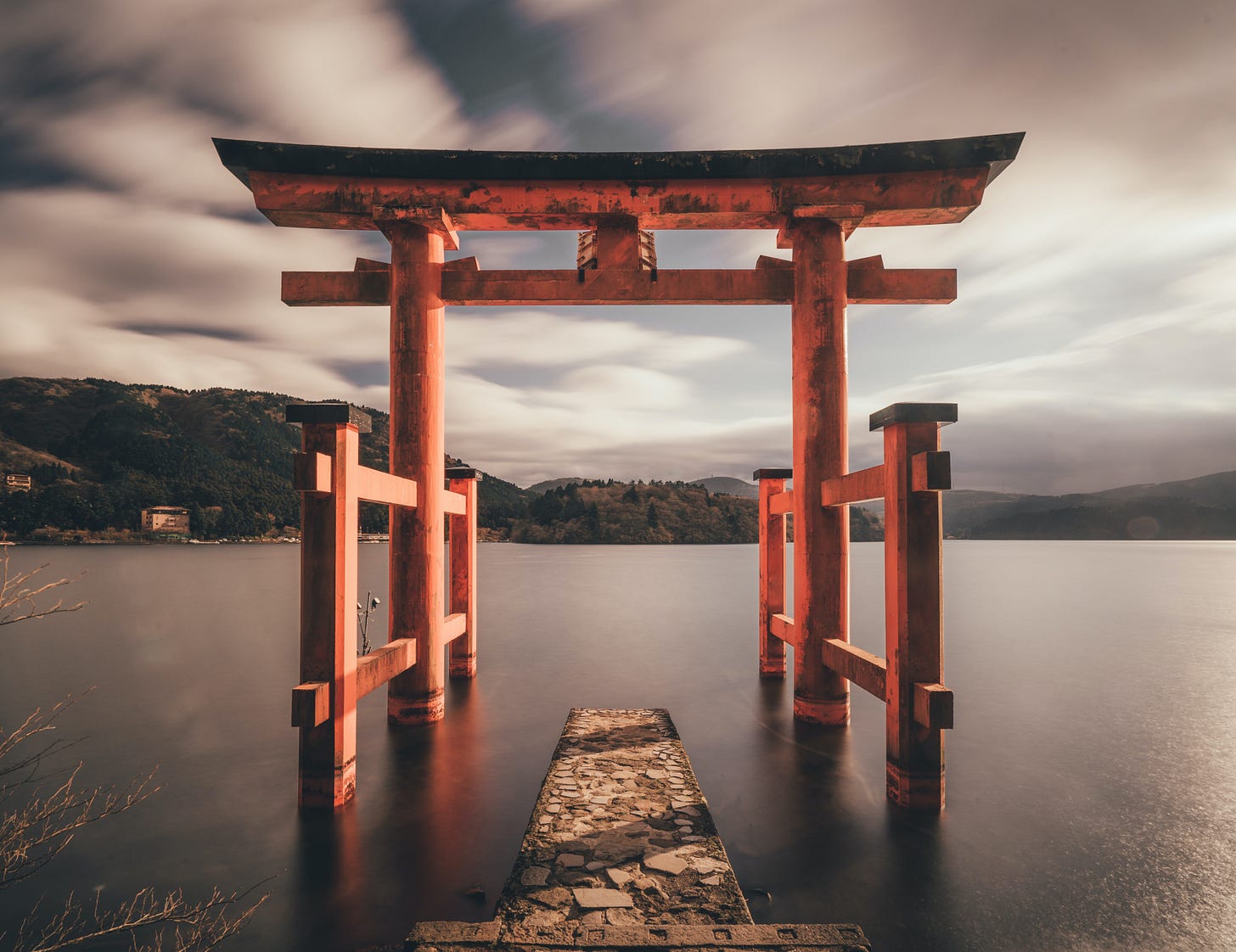In the rich tapestry of the Japanese language and culture, there exists a phrase that encapsulates a unique perspective on life's challenges: "Shikata ga nai" (仕方がない). This expression, often translated as "it can't be helped" or "there is no other way," holds a profound significance in the Japanese mindset, reflecting a philosophy of acceptance, resilience, and the recognition of the inevitability of certain circumstances.
Origins and Linguistic Analysis
The phrase "Shikata ga nai" is rooted in the Japanese language, with each component contributing to its nuanced meaning. "Shikata" (仕方) translates to "way" or "method," and "nai" (ない) is the negation of the verb "to be" or "to exist." Combined, the phrase conveys a sense that there is no method or way to change the situation.
Philosophical Underpinnings
At its core, "Shikata ga nai" reflects a philosophical approach to life that emphasizes acceptance and the understanding that some circumstances are beyond one's control. This mindset aligns with certain aspects of Japanese cultural and philosophical traditions, including Zen Buddhism, where acceptance of the present moment is highly valued.
Cultural Context
The cultural context in which "Shikata ga nai" is used is crucial to understanding its depth. Japan has a history shaped by natural disasters, such as earthquakes, typhoons, and tsunamis, where people have had to confront situations beyond their control. The phrase encapsulates the resilience required to navigate such challenges.
Application in Daily Life
In daily life, "Shikata ga nai" is often employed to express a pragmatic acceptance of situations that cannot be changed. Whether facing personal setbacks, societal issues, or natural disasters, individuals may use the phrase to convey a recognition of the limits of human control and a willingness to endure with grace.
Cultural Resilience
The concept of "Shikata ga nai" is not a resignation to fate but rather a testament to the resilience embedded in Japanese culture. It encourages individuals to adapt to circumstances, find strength in adversity, and maintain a sense of dignity in the face of challenges.
Global Reception
As Japan has become more interconnected with the global community, the concept of "Shikata ga nai" has found resonance beyond its borders. In an increasingly complex and unpredictable world, the idea of accepting the uncontrollable has garnered attention as a source of inspiration for resilience and coping.
Criticism and Evolving Perspectives
While "Shikata ga nai" has its merits, some critics argue that it may foster passivity or discourage active efforts to address issues. In response, there has been an evolution in perspectives, with an emphasis on balance — acknowledging the limits of control while actively seeking solutions when possible.
In conclusion, "Shikata ga nai" stands as a poignant reflection of the Japanese approach to life's uncertainties. It is a phrase that encapsulates a cultural and philosophical outlook rooted in resilience, acceptance, and the recognition that, at times, the only way forward is to embrace what cannot be changed. As Japan continues to navigate the complexities of the modern world, "Shikata ga nai" remains a profound expression of enduring strength in the face of life's inevitable challenges.
As always, feel free to reach out with any questions or comments. Happy musing!




